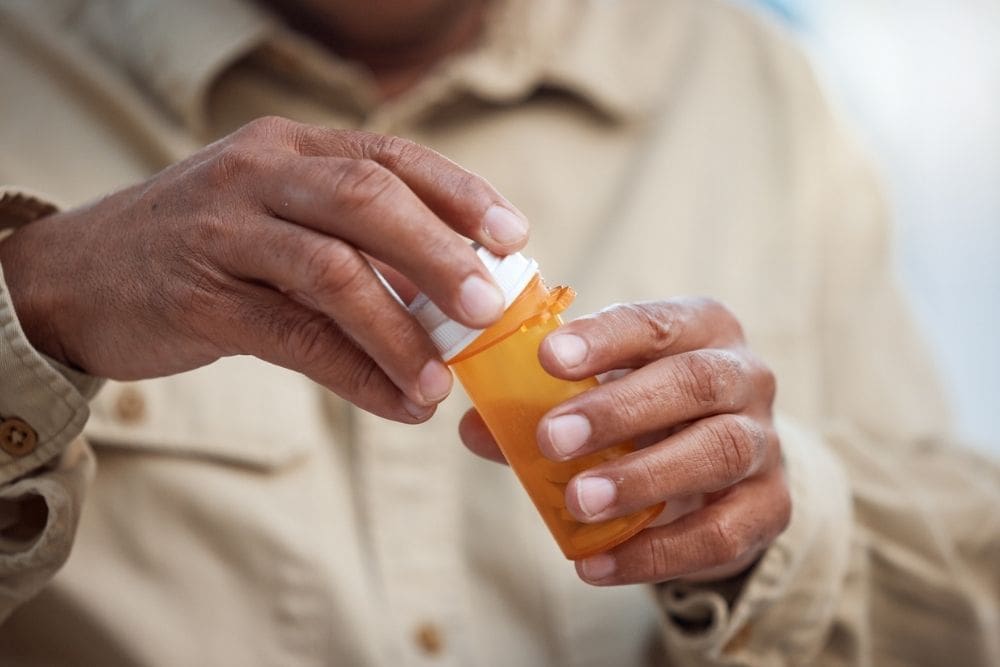The postpartum period is the same for all women in the world, whether or not they suffer from substance use disorder (SUD). When a woman gives birth, the first 40 days up to the first year following that birth make up the postpartum period. New motherhood can be a beautiful experience, both rewarding and life-changing. However, it’s also a time marked by stress, uncertainty, and insecurity for many women—especially if they are welcoming their first child or have struggled with a difficult pregnancy or dangerous birth.
The postpartum period can also be a time of massive hormonal, physical, and psychological changes in a woman’s body. The physical changes and bodily symptoms of post-partum are immense:
- Weight and hair loss
- Hemorrhoids and difficult bowel movements
- Urinary incontinence and/or general incontinence
- Contractions and vaginal soreness
- Sore breasts
At the same time, post-partum can trigger a wide range of difficult emotions, moods, and feelings of general dysregulation in the mind and heart. The psychological symptoms range from mild to severe for most women after giving birth:
- Lability (also known as mood swings)
- Weepiness
- Anxiety
- Irritability
- Depression symptoms in more extreme cases
In the case of post-partum depression, which is another common development for new mothers, doctors also see women struggle with feeling worthless or incompetent, suicidal thoughts, appetite loss, extreme fatigue, and guilt over not being happy as a new mom.
Addiction and SUD aside, most women receive inadequate medical care after birthing and are forced to deal with perpetual health problems related to the pregnancy and the hormonal changes after it ends. Women may also be more likely to develop obsessive-compulsive behaviors and psychosis after giving birth.
Unfortunately, women’s postpartum health is understudied, overlooked, and underfunded. New mothers occupy a vulnerable space in the medical, social, and political landscape. Much of the treatment that women receive as new moms relates to the baby and how to best care for an infant. In the United States, medical attention generally isn’t particularly woman-centered or mindful of what she goes through in this new phase of her life.
While there are recommended remedies for many of the physical and psychological postpartum obstacles—like eating a healthy diet, breastfeeding, or using birth control—many of these practices don’t do much to support women effectively and holistically post-birth. These realities then beg the question of women in the post-partum period who also struggle with SUD or find themselves in need of addiction recovery services.
In addition to dealing with all these changes, potential mental health crises, and a new child to care for, women battling a drug or alcohol addiction must also navigate the detrimental effects of SUD and the stigma that it carries.
The Postpartum Period and Substance Use Disorder: A Quick Background
Navigating the postpartum period is even more intense for women with SUD. Lethal opioid overdoses become more likely, along with relapses and reports of poor mental health. The symptoms and presence of postpartum depression compound for mothers with addiction and are later made worse by other related factors. Little to no social support, interpersonal violence, the presence and use of substances, and the SUD-related discrimination these mothers face daily put them in stressful, triggering positions that make substance abuse more likely and harder to avoid.
If you’re the loved one, family member, friend, or partner of a woman battling SUD and postpartum symptoms, be sure to recommend our options for ongoing support for people in recovery as well as the benefits of cognitive behavioral therapy (CBT) for maintaining control in sobriety.
How To Seek Addiction Treatment Postpartum With St. Gregory Recovery Center
At both our Des Moines and Bayard treatment centers, we understand how crucial SUD treatment is for new mothers. Addiction treatment for new mothers heightens the chance that both mom and baby go on to lead healthy lives. We also know that people are likely to lose their sense of self and personality when they become parents, and SUD treatment can help restore the self-image and inner life of new mothers.
When you contact us today, we can help you decide how to best approach the responsibilities of parenthood while being treated for substance abuse. With inpatient care and outpatient programs being viable options for new mothers, we’re confident we can find the tailored treatment plan that works best for you and your child.




